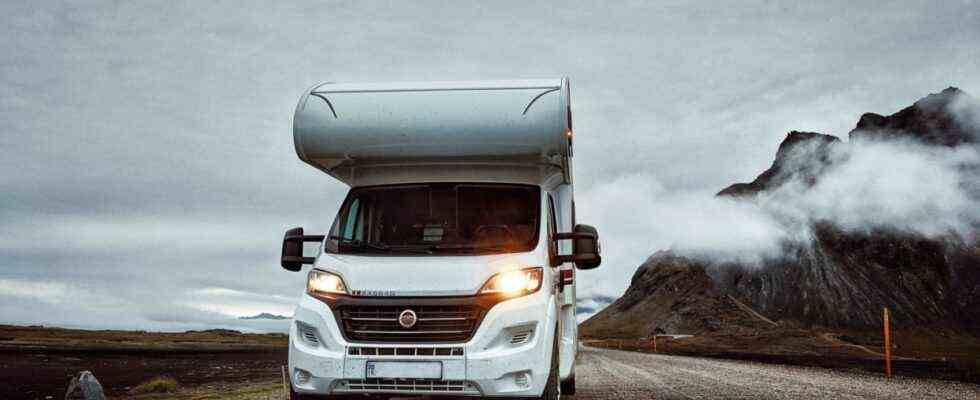The historian Yuval Noah Harari has recently shown impressively that human development does not proceed linearly for the better, that we sometimes take blatantly wrong turns. After Homo sapiens lived tens of thousands of years as a semi-nomadic hunter, sometimes filling his stomach with ripe figs here, sometimes killing a deer there and then moving on again because there were better fruits and ungulates elsewhere, so overall a relatively free, self-determined life with one excellent work-life balance, a few overzealous people turned around. They started growing crops and raising goats and stayed in one place all year round. Since many have followed this example, things have been going downhill: food and everyday life have become monotonous, from morning to night you have to bend down and work hard.
So it is no wonder that after more than 12,000 years of this labor, more and more people decided to return to their natural, semi-nomadic way of life. They called it camping, and the first generations practiced it in a very similar way to their ancestors: They slept in tents, sometimes in caves, carried hardly anything on their bodies and ate their own caught fish or gathered figs. You lived with nature.
Yes, and then someone must have taken the wrong turn again. Whether it was Erwin Hymer or Helmut Knaus – free. In any case, it meant that Homo sapiens set off into the distance with ever larger and heavier teams. Instead of changing the cave or the campsite every two days, he and she settled down in the same place for weeks (some even for life). Instead of catching fish, they carried a microwave, and finally the Thermomix, and warmed up some ready-made items, which made not only the carriages but also the people themselves heavier and heavier.
And here is an organization that has been around since the Neolithic: the ADAC. Since time immemorial, he has not only taken stranded teams from the streets, now he also examines them before starting. The club recently invited to a public weighing in the city of Laatzen in Lower Saxony.
It was found that 30 percent of motorhomes and caravans are overloaded, which on the one hand is forbidden, on the other hand also affects the driving characteristics, especially when braking. Of the 80 vehicles that were weighed, 30 percent were overweight. Whether with or without inmates was not communicated.
In the same campaign a year ago, a mobile home “fresh from the dealer”, occupied by two people, had just 50 kilograms of permissible payload. And then the argument starts as to whether the two crates of beer or the Thermomix have to stay at home.
The moral of the story: Less is more! Because the lighter the luggage, the better the journey. That hasn’t changed since the Neolithic.

